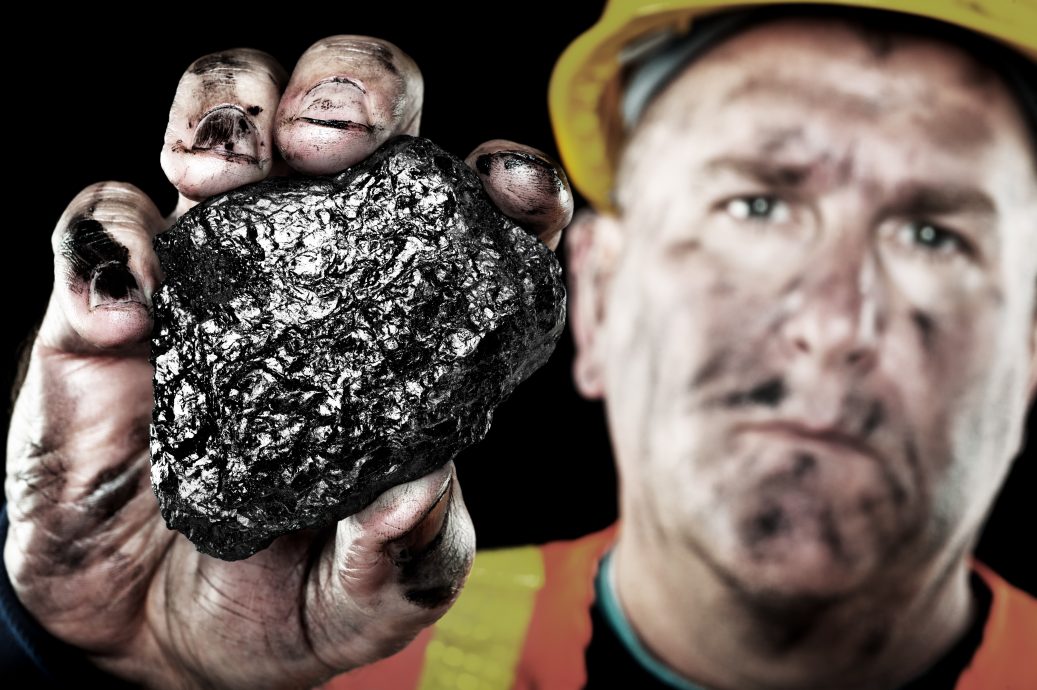Classical Liberalism Does Not Play Favorites
The ideal of neutral laws applied without favoritism is a hallmark of classical liberalism. Historically, the beginning of liberalism was defined by its effort to prevent the state favoring one religion over another. The result of religious neutrality in the West has not only been greater religious freedom but less political strife and therefore more prosperity.
Government favoritism of the secular as well as religious kind continues to undermine economic growth, generates rent-seeking, creates a culture of cronyism, and sows divisions within the nation. Unfortunately, some of President Trump’s policies move the Republican party away from classical liberalism’s ideal of benign neutrality.
The most important such divergence is the President’s trade policy. Imposing tariffs on select industries and making exemptions for some nations or products have inevitable elements of favoritism. Trump’s trade policy is sustaining full employment for lobbyists as they try to direct tariffs against competitors and, once tariffs are imposed, gain exemptions for their clients. After the Civil War, the Republican party became the party of tariffs and crony capitalism. The historical consensus has not been kind to that part of its program and the culture of corruption led in part to the movement for a federal income tax to replace tariffs.
Now the Trump administration is also being tested by a purely domestic effort at favoritism. A bankrupt Midwestern utility company that relies on coal is petitioning the executive branch to use extraordinary discretionary authority to require that energy users make purchases of its higher priced energy. The company argues that its failure will put pressure on coal producers. Exercising this authority would payoff a particular energy industry. Lest one think this concern over favoritism is not warranted, the Energy Secretary, Rick Perry, has already attempted to intervene in the market to provide higher rates for coal driven power plants.
To be clear, the opposition party to the President indulges in favoritism too. The Obama administration bailed out auto companies with preferences for unions that they would not have gotten in a normal bankruptcy reorganization. Moreover, Democratic administrations remained committed to racial and ethnics preferences that are even more divisive than economic preferences. The Trump administration is happily not expanding them, as Secretary Clinton surely would have, and is in some cases rolling them back.
But the fact that favoritism lies at the heart of progressivism makes this Republican administration’s lurch to economic favoritism more troubling. It is perfectly possible for both parties to become largely coalitions of rent-seekers. It has happened in other nations. That development would create a more divided America where classical liberals have no political home.


